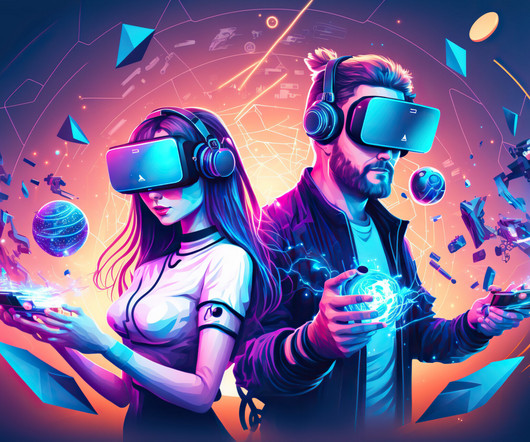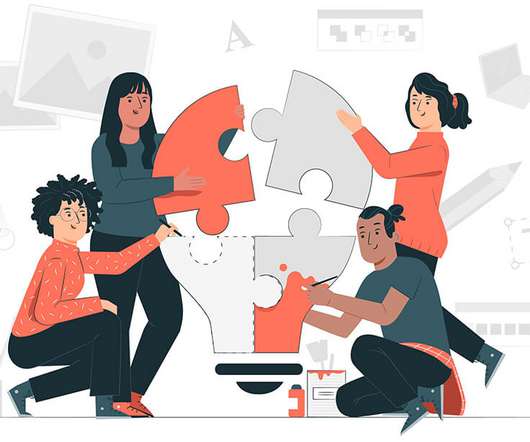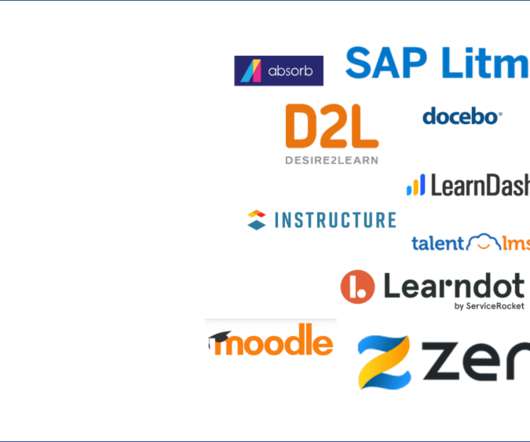Social Learning doesn’t mean what you think it does: PART TWO
Jane Hart
SEPTEMBER 13, 2011
Yesterday, in my first posting on this topic, I showed how “social learning” is not just about a new training trend or about adding social media into the “blend&# or acquiring the latest Social Learning Management System, but a fundamental change in how we need to view workplace learning.































Let's personalize your content